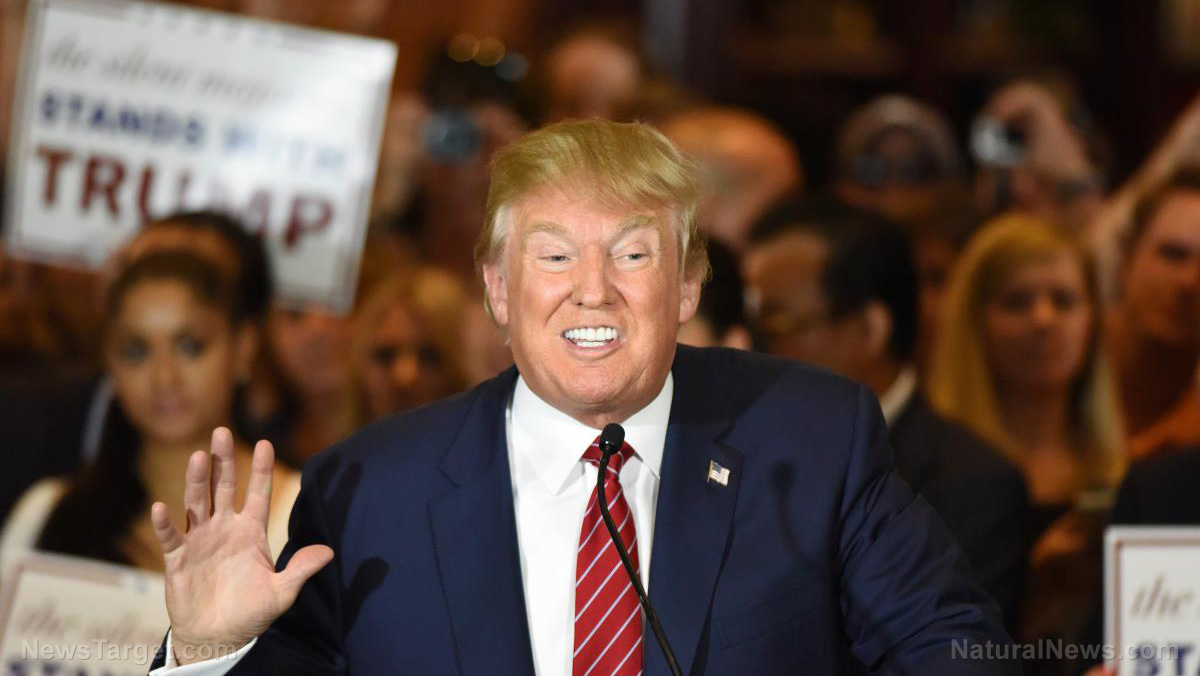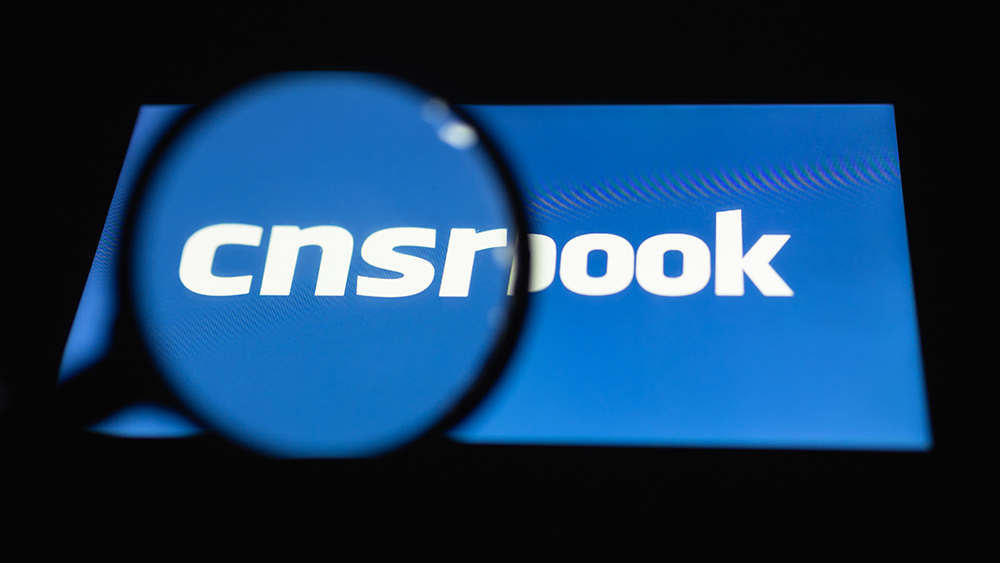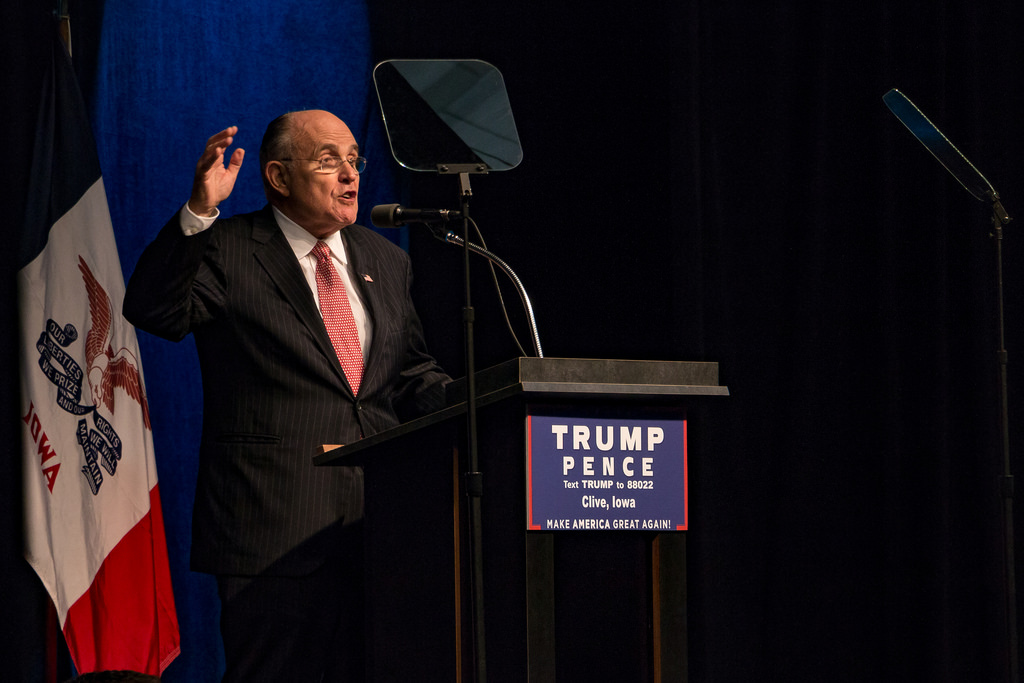Social media hires communist Chinese trolls to spread pro-China propaganda during crises
10/23/2020 / By Ethan Huff

A series of leaked documents from communist China’s censorship authorities has laid bare how the Chinese Communist Party (CCP) pays internet trolls to spread pro-China propaganda on social media, especially during times of bad publicity.
Records obtained from the Luoyang city division of the Cyberspace Administration, China’s premier internet censorship agency, reveal that Chinese trolls are paid about $1.62 per entry to write social media posts praising the communist Chinese regime.
These posts are carefully crafted to manipulate public opinion in favor of China, particularly when phenomena like the Wuhan coronavirus (Covid-19), which is a product of China, gain global attention in an especially negative way.
Another example is when the Henan-based company Sanquan Food earned negative publicity after the brand’s dumplings were found to contain traces of a virus that is believed to cause African swine fever (ASF). When news broke about the contamination, China got to work defending the company.
“Since the [world’s] first ASF outbreak about one hundred years ago, no human being was infected by the ASF virus,” a Chinese troll by the name of “Qingqi Suoyou” reportedly posted.
“So, the ASF virus won’t affect pork products. You can eat the meat and related products.”
Another hired troll named “Ruguo” wrote something similar, contending that the ASF virus “will be killed at high temperatures,” adding that “[y]ou can eat [the dumplings] by cooking it completely.”
In other troll posts, news about the contamination was framed as a baseless rumor.
“Don’t believe in the rumors and don’t spread the rumors,” wrote “Qinghe.” “All large enterprises can trace the source of the raw materials that they used.”
China loves to praise itself whenever given the opportunity
Going beyond just defending the dumplings, other trolls were tasked with praising Chinese authorities for their alleged excellent work in ensuring that Chinese food products are safe and healthy.
“Our country always treats food safety as something very important,” wrote “Kantaiyang.” “I believe the government will give our people an answer [about the virus’ source].”
Another praised China’s version of the Food and Drug Administration, claiming that the government agency is “proactive” whenever an issue like ASF arises unexpectedly.
“The most important thing is solving the problem,” one troll wrote. “We shouldn’t question things and should wait quietly.”
Not at all surprising is the fact that these claims were false, and the communist Chinese regime never did trace the source of the virus, nor did it ever come up with an explanation for how it ended up in the dumplings.
This did not, however, stop other hired trolls from removing social media posts that did not align with the narrative that the government of China did a good job in handling and containing the outbreak.
China uses artificial intelligence to maintain censorship apparatus
Another of the leaked documents shows that Chinese authorities actually keep track of which troll posts are effective and which are not. It also keeps an eye on posts that need to be removed for failing to align with whatever the prevailing narrative is on any given day.
In some cases, trolls are told they need to manually review and censor certain posts. In others, censorship happens automatically on certain platforms or websites to ensure that the “wrong” information is not allowed to spread.
Depending on the platform and the size of the website being targeted for censorship, China combines the use of real people and artificial intelligence (AI) to prevent the spread of “wrongspeak,” meaning narratives that do not align with that of the CCP.
“Sounds a lot like what we see with Facebook, Twitter, and Google,” wrote one commenter at The Epoch Times. “Control the message and censor what doesn’t fit the agenda. America deserves better.”
Sources for this article include:
Tagged Under: african swine fever, Big Tech, Censorship, China, communist China, Glitch, left cult, propaganda, public opinion, rigged, Silicon Valley, smeared, Social media, tech giants, trolls
RECENT NEWS & ARTICLES
COPYRIGHT © 2017 BigTech.news
All content posted on this site is protected under Free Speech. BigTech.news is not responsible for content written by contributing authors. The information on this site is provided for educational and entertainment purposes only. It is not intended as a substitute for professional advice of any kind. BigTech.news assumes no responsibility for the use or misuse of this material. All trademarks, registered trademarks and service marks mentioned on this site are the property of their respective owners.



















